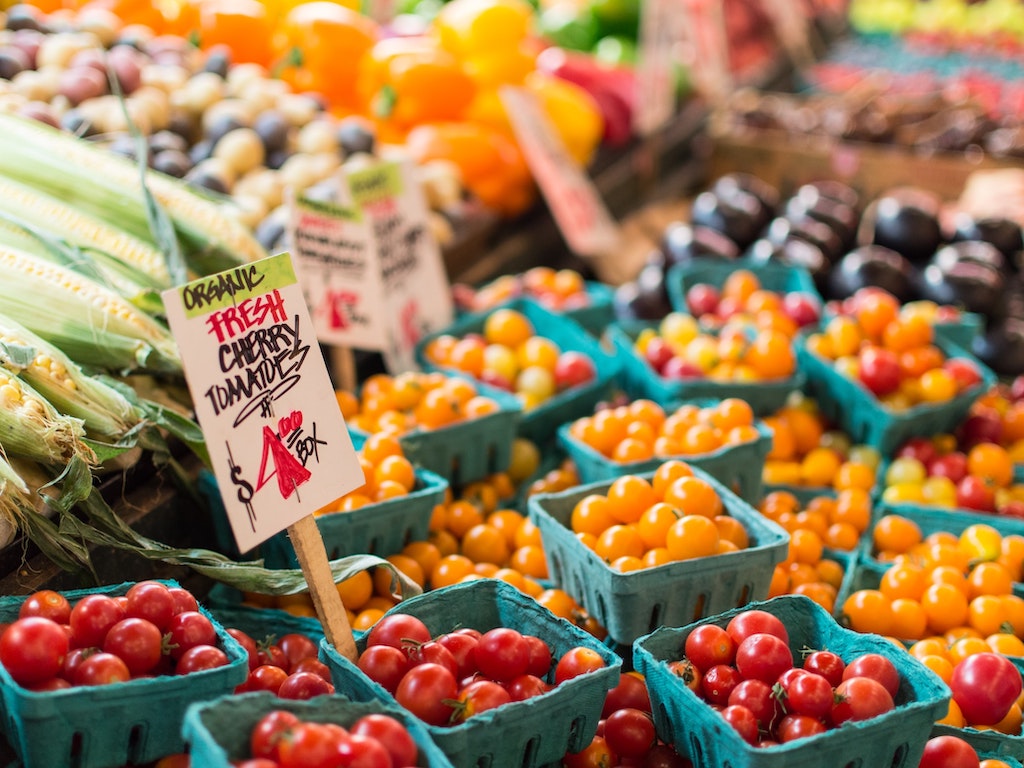3 Mins Read
According to new data, sales of organic food categories have been surging amidst the coronavirus crisis. The Organic Trade Association cites trust in the organic sector as a key reason behind the significant increase in demand for organic foods, especially as the pandemic shifts consumer attention towards food safety and health. It follows a “banner year” for the organic industry in 2019, which owed to greater awareness coupling food choices to health and the environment.
Recent statistics from the Organic Trade Association (OTA), the trade body for the industry in the United States, reported a 50% increase in organic produce sales within the first quarter of this year. Multiple other organic food categories also experienced double-digit growth, including organic packaged and frozen foods.
Out of all the organic food products, fruit and vegetables accounted for the highest increase in sales, while in the non-food market, vitamins and immunity-related supplements have shown to attract much greater interest amongst consumers than during pre-coronavirus times.
According to the association, the spike in organic sales came after the organic sector experienced what is described as a “banner year” in 2019, where organic sales in the food and non-food markets totalling a record US$55.1 billion in the U.S. alone, representing a 5% increase. This outpaces the general market growth rate of around 2-3%.
The most recent figures for the global market stands at a whopping US$100 billion, as reported by the Research Institute of Organic Agriculture (FiBL) and IFOAM Organics International in February. Data was drawn from over 186 countries, and also revealed that the area of land used for organic agriculture had grown by 2 million hectares as a result of greater demand.
Analysts from OTA believe that much of the strengthened demand for organic products is driven by heightened awareness of health and food safety as a result of the coronavirus crisis.
“Consumers [are] increasingly seeking out the organic label to feed their families the healthiest food possible,” said Laura Batcha, CEO and executive director of the OTA in conversation with Natural Products Global.
“Our normal lives have been brought to a screeching halt by the coronavirus. The commitment to the organic label has always resided at the intersection of health and safety, and we expect that commitment to strengthen as we all get through these unsettled times.”
But it isn’t just human health currently topping the global agenda driving the shift to organic products. In the past few years, consciousness over the environmental impact of agriculture has grown significantly, leading more shoppers to choose organic items, from food to fashion.
The Global Organic Textile Standard (GOTS), the international certification for organic textiles, saw the highest growth in certified operations last year, which the body attributes to changing consumer tastes for eco-friendly fashion.
Scientific studies can back up the sustainability advantages of organic production. The lack of synthetic fertilisers, pesticides, herbicides or fungicides is widely considered to promote better biodiversity, soil quality and reduces contamination and pollution from run-off of substances.
Organic farming has recently been put at the heart of the European Union’s new farm-to-fork and biodiversity promotion strategies, as a part of the bloc’s version of the Green New Deal.
Lead image courtesy of Unsplash.




